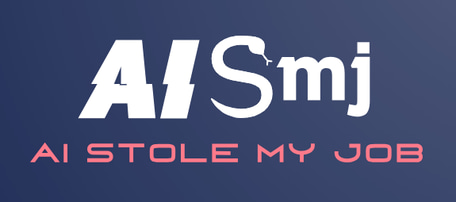AI Stole My Job, Now What?
Discover which industries are more likely to be replaced by AI, and find the right strategies to adapt to the seismic changes that will inevitably happen.
5/8/20241 min read


Top 5 Industries Most Vulnerable to AI Disruption —
And How They Can Adapt
Artificial Intelligence is no longer a distant future—it’s here, transforming industries at an unprecedented pace. While many sectors stand to benefit from AI, certain industries are particularly susceptible to disruption. Here are the top five—and how they can adapt.
1. Manufacturing
AI-driven robotics and predictive maintenance have revolutionized production lines, improving efficiency and minimizing downtime. Human roles in repetitive tasks are shrinking, but new opportunities arise in overseeing AI systems, programming robotics, and analyzing production data.
Adaptation Strategy: Upskilling in robotics management, data interpretation, and systems engineering.
2. Retail
From automated checkouts to AI-powered inventory systems, retail is rapidly automating front- and back-end operations. While cashier and stock roles are diminishing, the demand for data-savvy retail strategists is growing.
Adaptation Strategy: Training in retail analytics, user experience design, and omni-channel strategy.
3. Transportation
Self-driving trucks, delivery drones, and AI route optimization tools are reshaping logistics and mobility. Traditional driving jobs may decline, but operational oversight, fleet management, and AI compliance roles are expanding.
Adaptation Strategy: Learning about AI logistics systems, vehicle monitoring, and regulatory frameworks.
4. Customer Service
Chatbots and natural language processing now handle many routine queries. Human agents are increasingly reserved for complex, emotionally nuanced interactions.
Adaptation Strategy: Developing advanced communication skills, emotional intelligence, and proficiency in AI support tools.
5. Finance
Algorithmic trading, risk modeling, and AI-based fraud detection are redefining financial services. While clerical and some analytical roles are shrinking, new roles in AI governance and ethical oversight are emerging.
Adaptation Strategy: Building skills in machine learning for finance, ethical AI, and data regulation compliance.
